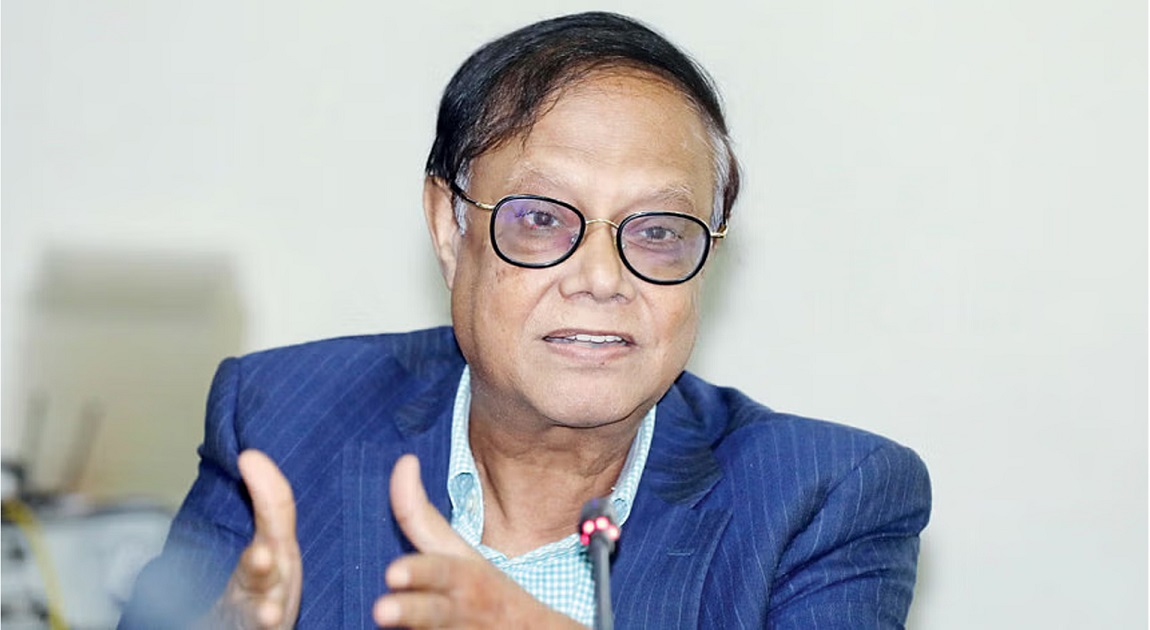Bangladesh Bank Governor Ahsan H. Mansur has recommended the creation of a separate secondary market for savings certificates and private bonds to make the country’s financial system more dynamic and efficient.
He said such a market could be established quickly with strong political will and would significantly strengthen the financial structure.
Speaking on Monday at a seminar in Uttara on the prospects of the bond and sukuk markets, the governor noted that savings certificates are currently only partially linked to the market and should be made fully tradable.
This would benefit customers, boost liquidity, and create a stronger secondary market, he said. Mansur also urged steps to make private bonds tradable, adding that with a proper structure the bond market could double overnight, bringing a positive impact to the entire financial sector.
He highlighted the importance of tapping various public and private funds — including government pensions, corporate pension funds, provident funds and benevolent funds — as sources of long-term capital for the bond market. Mansur said a dedicated pension regulatory authority would be needed to ensure proper fund management and implementation of such initiatives.
Drawing a comparison between Bangladesh’s financial system and the global economy, the governor pointed out that the international financial structure is largely bond-based, with around $130 trillion worth of bonds issued — roughly 130% of global GDP. By contrast, Bangladesh’s system is bank-dominated, with the stock market acting as the second-largest platform and the money market a distant third. He also noted the insurance sector contributes only 0.4% to GDP — “barely measurable,” in his words.
Mansur said Bangladesh must develop both demand and supply sides of its bond market, as in other countries. Currently, government bonds dominate while the corporate bond market is virtually non-existent, largely because corporations depend on bank loans, which may offer advantages such as political leverage or repayment flexibility.
On sukuk (Islamic bonds), the governor noted that only six issues totaling Tk 240 billion have been floated so far. He suggested using innovative approaches to expand the market, such as securitizing revenues from tolls of income-generating projects like the Padma or Jamuna bridges or from mass transit systems like the metro rail to finance new projects. A specialized division in the Finance Ministry could oversee such activities, he added.
Concluding the seminar, Mansur said Bangladesh Bank has already prepared a research report on developing the bond market and will soon present its recommendations to the government. The report will outline directions for improving both conventional and sukuk-based bonds.













-20260226080139.webp)






-20260225072312.webp)








-20260219054530.webp)
-20260224075258.webp)




-20260221022827.webp)